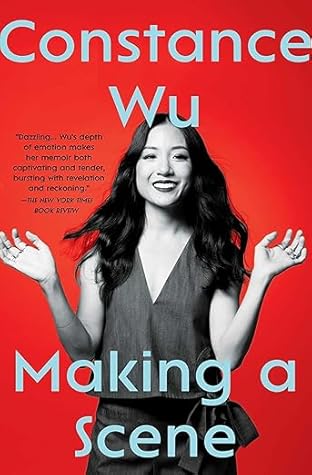More on this book
Community
Kindle Notes & Highlights
Growing up, I was taught to never make scenes. It’s unbecoming. Unladylike.
Sometimes it’s hard to know if an apology is meant for the receiver’s benefit or for the apologizer’s own selfish gratification.
I’ve spent half my life trying to shrink my big feelings, and when I was unable to do that, I spent the other half trying to not be ashamed of them. I still struggle with this.
Aminah and 1 other person liked this
Stereotypes are not harmful for their mere existence; they’re harmful for their reduction of a person or group.
In the past, I’d often played along with misogynist jokes; I liked being the cool girl who could laugh with the boys. It was an attitude that provided safety in places where I felt outnumbered.
I wonder if our culture tends to sympathize with accused men because their bafflement over the accusation is often so genuine.
I’ve always had to fight for my roles. In my career, casting directors often refused to see me for auditions, saying I was the wrong type, or that they couldn’t picture me in the role.
Was it really ungrateful behavior? Or normal? Or was it only ungrateful in the context of an Asian woman’s rare existence on the playing field?
I may have been joking, and sure, everyone laughed, but laughter is not an excuse. Sometimes people laugh when they’re uncomfortable.
So many strangers came up to him in the airport, asking if he needed help, commending him for being such a great dad, alone with his baby, like he was a hero. How many mothers were on their own at that airport traveling with kids? Where were their medals?
Lots of women I know express worry that they are becoming like their mothers. In a way, I feel like I’ll never know if I become like her, because she never really got to be herself.


